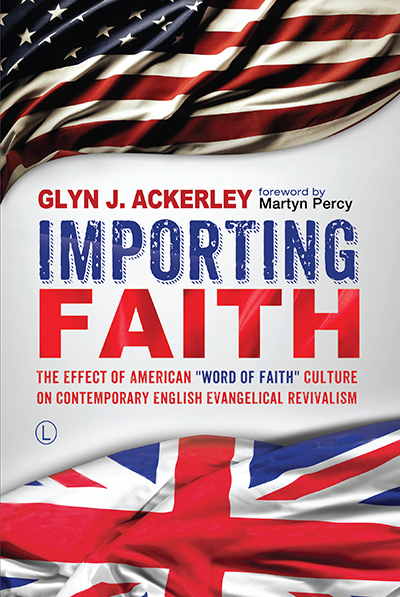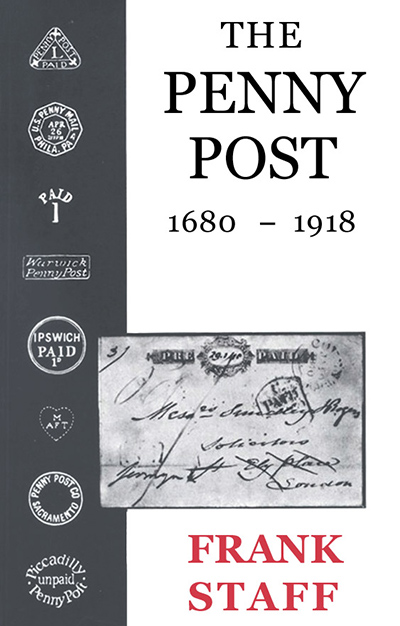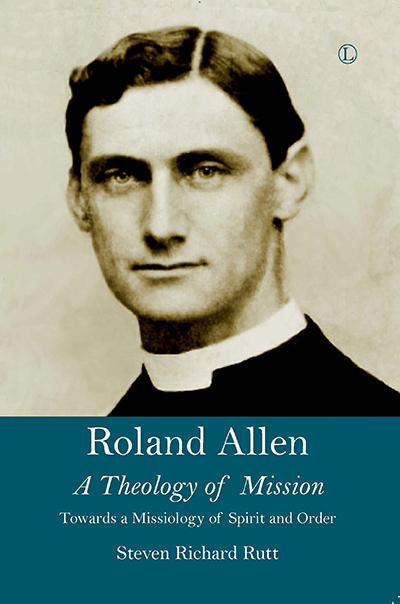Description
Many twenty-first-century evangelical charismatics in Britain are looking for a faith that works. They want to experience the miraculous in terms of healings and Godsent financial provision. Many have left the mainstream churches to join independent charismatic churches led by those who are perceived to have special insights and to teach principles that will help believers experience the miraculous. But all is not rosy in this promised paradise, and when people are not healed or they remain poor they are often told that it is because they did not have enough faith.
This study discovers the origin of the principles that are taught by some charismatic leaders. Glyn Ackerley identifies them as the same ideas that are taught by the positive confession, health, wealth, and prosperity movement, originating in the United States. The origins of the ideas are traced back to New Thought metaphysics and its background philosophies of subjective idealism and pragmatism. These principles were imported into the UK through contact between British leaders and those influenced by American “word of faith” teachers. Glyn Ackerley explains the persuasiveness of such teachers by examining case studies, suggesting their “miracles” may well have social and psychological explanations rather than divine origins.
About the Author
Glyn J. Ackerley is Director of Ordinands in the Diocese of Rochester, and Vicar of Shorne in Kent. He was ordained in 1987 and was Vicar of St Philip and St James, Walderslade from 1994 to 2009.
Contents
Foreword by Martyn Percy
Acknowledgements
Introduction
Part One: Introducing the Word of Faith Culture
1. Current Literature on Word of Faith
2. Performative Rhetorical Approach and American Historical Background
3. Word of Faith and American Religion
Part Two: Three Case Studies in England
Introduction
4. The Rhetoric and Faith Theology of Colin Urquhart
5. The Rhetoric and Faith Theology of Michael Reid
6. The Rhetoric and Faith Theology of Jerry Savelle
Part Three: The Effect of Word of Faith on Some English Revivalist Churches
Introduction
7. Using Insights from Congregational Studies, Organizational Theory, and Anthropology
8. The Charisma of Leaders
Summary
Appendix
Bibliography
Index
Endorsements and Reviews
In this highly readable book, Glyn Ackerley introduces us to the ‘Health, Wealth and Prosperity Movement’ (HWPM). Dr Ackerley’s carefully researched monograph presents a measured and sober assessment. In so doing, Ackerley offers a sharp critique of abusive religious thinking and practice.
Martyn Percy, Dean, Christ Church College, Oxford University
Christians tend to accept the religious phenomena of their age without thinking too deeply as to how and why things are as they are. In this sense they fail to see the cultural and practical factors that are imported along with religious experience. In a study that is sympathetic, critical, and scholarly, Ackerley here engages in just such an analysis of popular ministries active in the British context and manages both to appreciate their value and to identify their cultural indebtedness.
Nigel G. Wright, Principal Emeritus, Spurgeon’s College, London
… well presented and written … the book is undoubtedly of interest to those studying cross-culture (American-English) influence of religious ideas … [It’s] readability makes it also a great source of information for a lay reader.
Stefan Bosman, in Reviews in Religion and Theology, Vol 25, Issue 1
A major strength of Ackerley’s analysis is his engagement with the traditions of thinking that have historically fed into understandings of ‘health, wealth, and prosperity’ that are at the heart of faith ministries.
Mathew Guest, in Theology, Vol 121, No 2
This volume will prove very useful for the well informed lay reader and would be of particular interest to those within, or who wish to study, the British Charismatic movement of the late twentieth century.
David Lloyd Williams, in Theological Book Review, Vol 28, No 1






